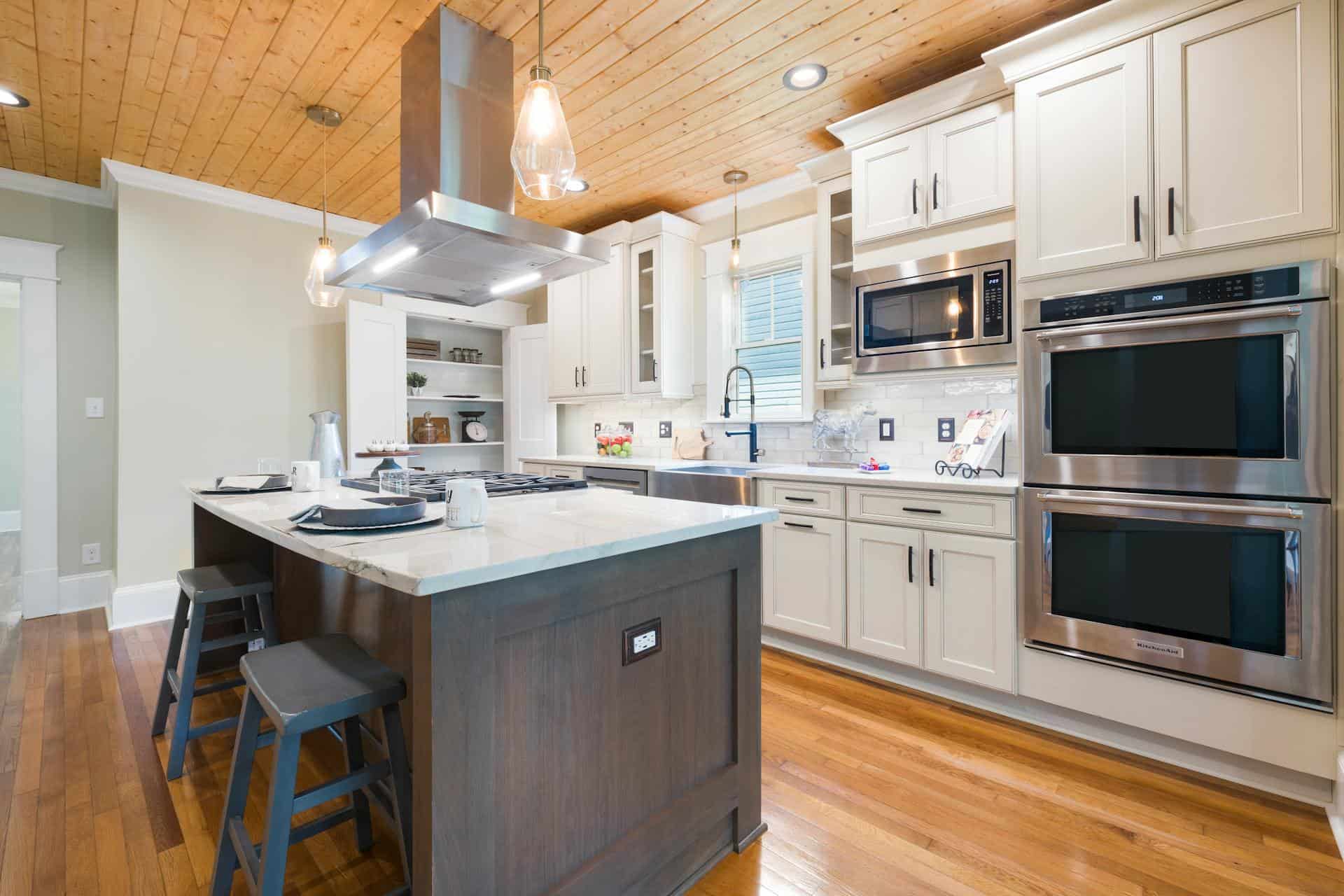
Question: What is the Most Desirable Kitchen Floor?
Answer: The most desirable kitchen floor varies, but popular choices balance durability, water resistance, and style. Porcelain tile, luxury vinyl plank (LVP), and engineered hardwood are frequent favorites.
Kitchen Flooring: A Guide to Popular Choices
Okay, so you’re looking for the best kitchen floor, right? You’re not alone! Everyone wants to know what’s “the best.” But here’s the thing: it really depends on you! What works for one person might not work for another. That’s why we’re going to break down all the popular kitchen flooring options. We’ll talk about what’s great, and what’s maybe not so great, for each one. This guide is all about giving you the info you need to find the floor that’s perfect for your kitchen. Let’s find your perfect match!
Porcelain Tile: A Durable and Versatile Option
Porcelain tile stands as a top choice for kitchen floors. Its durability resists scratches and stains, making it ideal for high-traffic areas. Porcelain also offers water resistance, an essential feature in kitchens prone to spills.
Pros:
Water-resistant, durable, stain-resistant, variety of stylesCons:
Can be cold, hard surface, potential for cracking
The variety of colors, patterns, and textures available allows homeowners to customize their kitchen’s appearance. Porcelain can mimic the look of natural stone or wood, offering aesthetic versatility. While durable, porcelain can crack under heavy impact. The hard surface can also be uncomfortable for extended periods of standing.
Click here to read more about Blue Kitchen Refacing
Related Article: How Can I Update My Kitchen Floor Tiles Without Removing Them?
Related Article: How Long Does Laminate Last in a Kitchen?
Hardwood Flooring: Classic Elegance and Warmth
Hardwood floors bring warmth and classic elegance to any kitchen. They create a timeless aesthetic that complements various design styles. Hardwood adds value to a home and offers a natural, inviting feel.
Pros:
Classic look, adds value, natural materialCons:
Susceptible to water damage, requires regular maintenance, can be expensive
While beautiful, hardwood requires regular maintenance and is susceptible to water damage and scratches. Engineered hardwood provides increased water resistance compared to solid hardwood, though it is not fully waterproof. Homeowners must consider the potential for water spills and humidity levels in their kitchen when choosing hardwood.
Natural Stone: Luxury and Durability for Kitchen Floors
Natural stone, including granite, marble, and slate, creates a luxurious and durable kitchen floor. Each stone type offers unique veining and color variations, adding character to the space. Natural stone withstands heavy traffic and resists scratches.
Pros:
Durable, unique appearance, adds valueCons:
Expensive, porous (requires sealing), can be cold
Natural stone is a high-end option with a higher price tag than other flooring materials. It is porous and requires sealing to prevent staining. The surface can be cold, and some stones, like marble, are more prone to scratching than others. Regular sealing and proper care maintain natural stone’s beauty and longevity.
Laminate Flooring: Affordable Wood-Look Alternative
Laminate flooring provides an affordable alternative to hardwood, mimicking its appearance at a lower cost. It offers easy installation and maintenance and its durability resists scratches and stains, making it suitable for active kitchens.
Pros:
Affordable, easy to install, durable, variety of stylesCons:
Susceptible to water damage, can be noisy
Laminate’s layered construction consists of a core layer, an image layer, and a wear layer. While durable, laminate is susceptible to water damage, especially at the seams. Spills must be cleaned promptly to prevent swelling. Some laminate floors can produce a hollow sound when walked upon.
Cork Flooring: Sustainable and Comfortable
Cork flooring presents a sustainable and comfortable option for kitchens. It is a natural, renewable resource and it provides insulation, creating a warmer and quieter floor. Cork’s natural resilience makes it comfortable for standing.
Pros:
Sustainable, comfortable, insulates, naturally antimicrobialCons:
Can be expensive, susceptible to scratches and stains, requires sealing
Cork flooring is generally more expensive than vinyl or laminate. It is also susceptible to scratches and stains and requires sealing to protect against moisture. While durable, cork may not be the best choice for high-traffic kitchens or homes with pets prone to scratching. However, its natural antimicrobial properties make it a healthy flooring option.
Conclusion: Choosing a Desirable Kitchen Floor
Choosing the best kitchen flooring involves considering factors like budget, lifestyle, and aesthetic preferences. Each flooring type presents advantages and disadvantages. Carefully evaluate your needs to select the most suitable kitchen flooring for your home. By considering factors like durability, maintenance, and cost, you can find the perfect floor to enhance your kitchen’s functionality and style. What is the most desirable kitchen floor? The answer is the one that best fits your individual needs.

Blue Malue Get in touch with Blue here.
